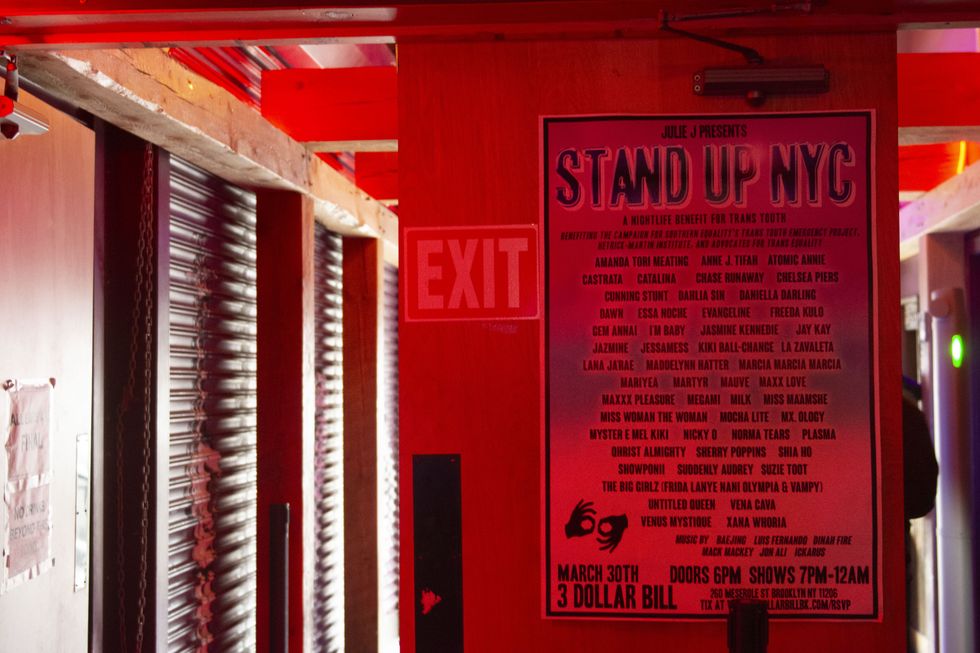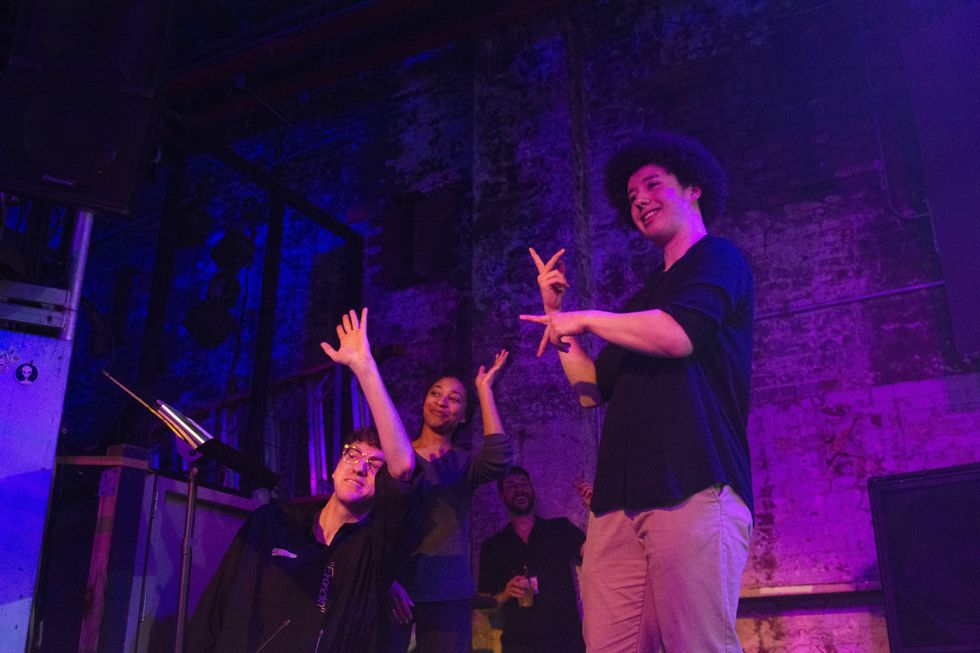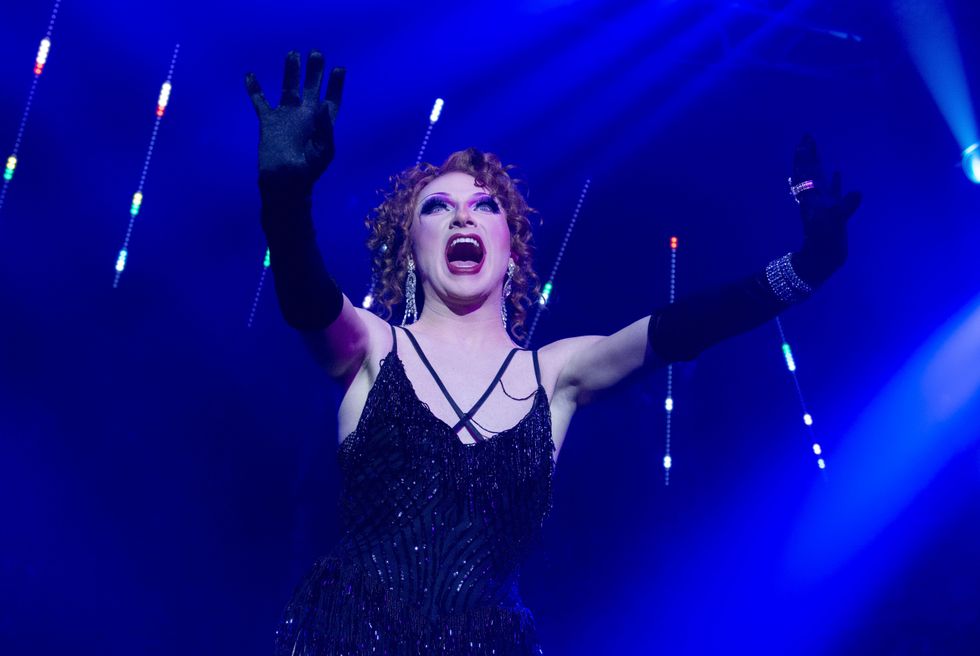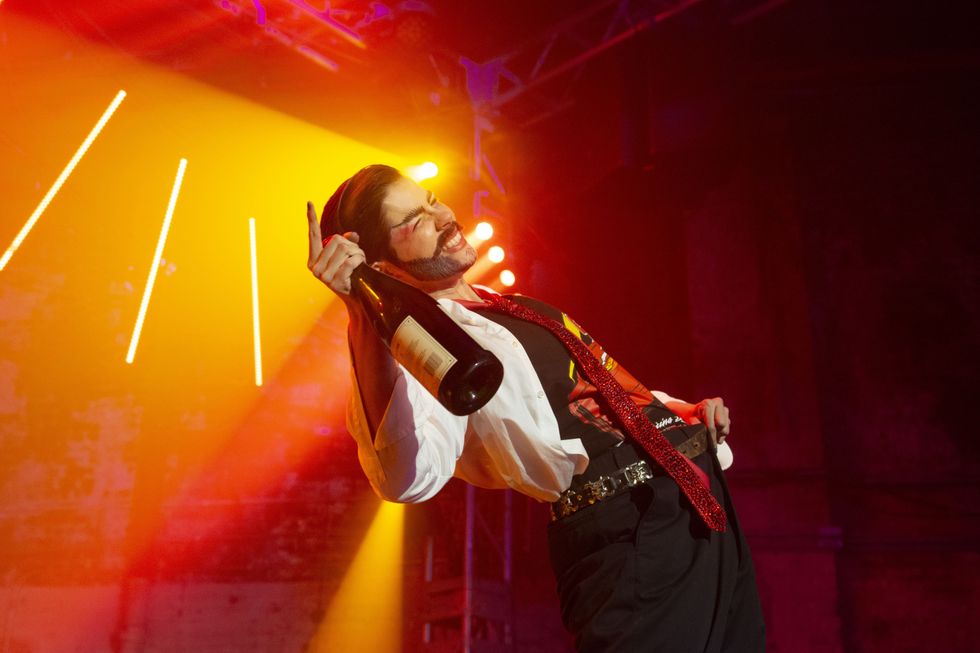Search
Latest Stories
Start your day right!
Get latest updates and insights delivered to your inbox.
We have a small favor to ask of you
Facebook is critical to our success and we could use your help. It will only take a few clicks on your device. But it would mean the world to us.

Here’s the link . Once there, hit the Follow button. Hit the Follow button again and choose Favorites. That’s it!
The Latest
Most Popular
Sign Up for
The Daily GOOD!
Get our free newsletter delivered to your inbox

















 Music isn't just good for social bonding.Photo credit: Canva
Music isn't just good for social bonding.Photo credit: Canva Our genes may influence our love of music more than we realize.Photo credit: Canva
Our genes may influence our love of music more than we realize.Photo credit: Canva

 Pictured: The newspaper ad announcing Taco Bell's purchase of the Liberty Bell.Photo credit: @lateralus1665
Pictured: The newspaper ad announcing Taco Bell's purchase of the Liberty Bell.Photo credit: @lateralus1665 One of the later announcements of the fake "Washing of the Lions" events.Photo credit: Wikimedia Commons
One of the later announcements of the fake "Washing of the Lions" events.Photo credit: Wikimedia Commons This prank went a little too far...Photo credit: Canva
This prank went a little too far...Photo credit: Canva The smoky prank that was confused for an actual volcanic eruption.Photo credit: Harold Wahlman
The smoky prank that was confused for an actual volcanic eruption.Photo credit: Harold Wahlman
 Great White Sharks GIF by Shark Week
Great White Sharks GIF by Shark Week
 On March 30, Julie J gets organized in the DJ booth before Stand Up NYC begins at 3 Dollar Bill in Brooklyn. Elyssa Goodman
On March 30, Julie J gets organized in the DJ booth before Stand Up NYC begins at 3 Dollar Bill in Brooklyn. Elyssa Goodman Julie J in the DJ booth. Elyssa Goodman
Julie J in the DJ booth. Elyssa Goodman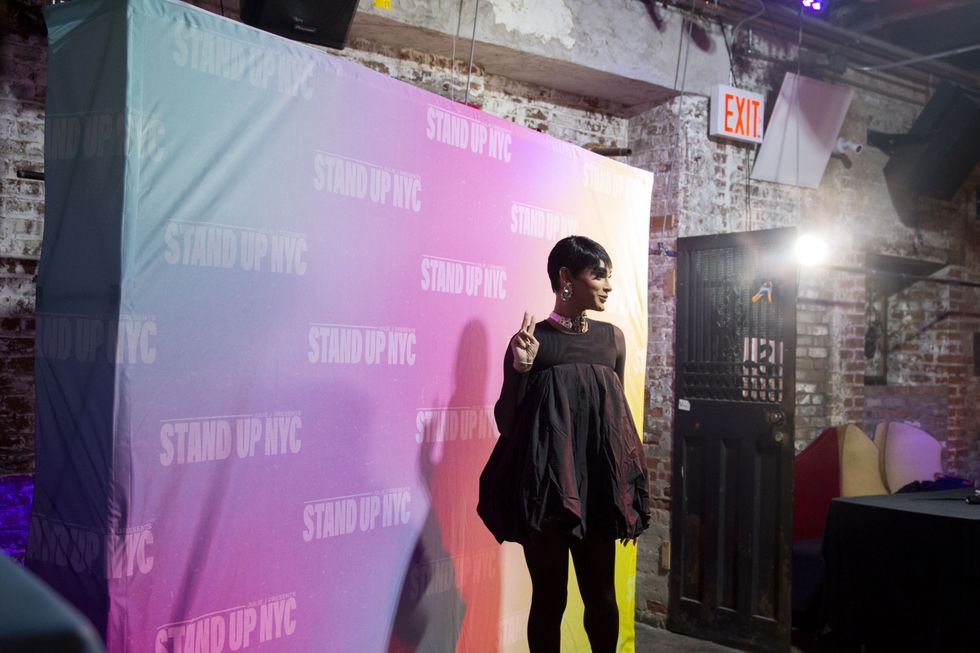 Julie J poses for pictures prior to the show's start. Elyssa Goodman
Julie J poses for pictures prior to the show's start. Elyssa Goodman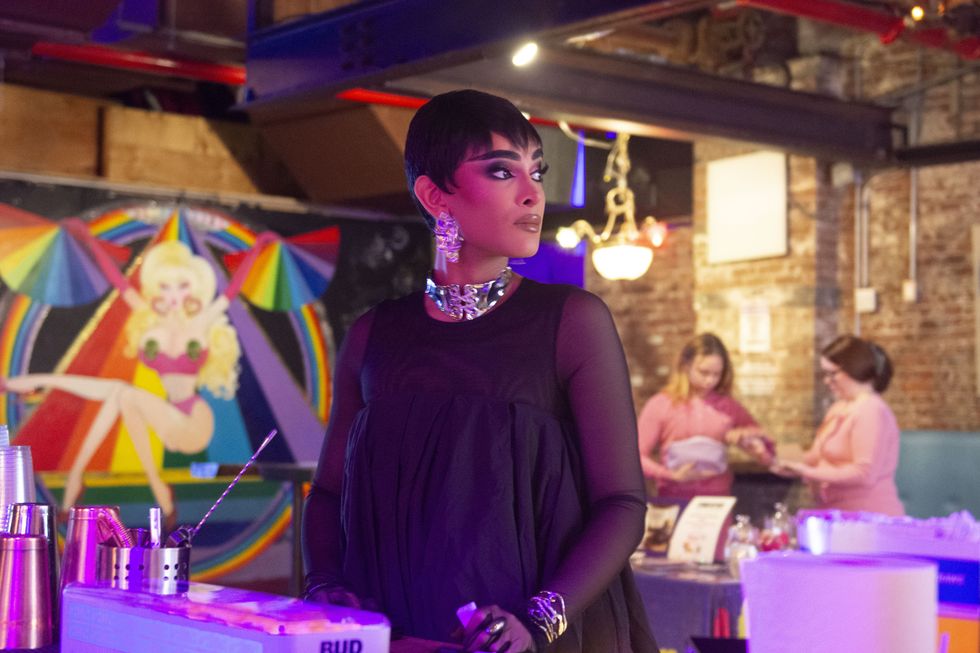 Julie J at 3 Dollar Bill before Stand Up NYC begins.Elyssa Goodman
Julie J at 3 Dollar Bill before Stand Up NYC begins.Elyssa Goodman Julie J on stage co-hosting Stand Up NYC. Elyssa Goodman
Julie J on stage co-hosting Stand Up NYC. Elyssa Goodman